Frequently Asked Questions
Revocable Living Trusts
Whether your loved one passed away with or without a will, his or her estate assets typically go through probate court. During this process, a personal representative will be appointed to carry the administration of the estate. It is only after all funeral and burial expenses, attorneys' fees, and the decedent's debts are paid that the beneficiaries will receive their portion of whatever is left of the estate. Most people elect to create revocable living trusts to avoid the probate court process of court supervision, court costs, and the length of time it takes to administer a decedent's estate.
Every probate estate is unique, but most involve the following steps:
- Filing a petition or application with the applicable probate court
- Notifying the interested parties/heirs of the decedent of the petition or application for probate
- Appointment of the personal representative or the executor of the estate
- Notifying the decedent's appropriate creditors (typically by publication) and also publishing to the court the worth of the decedent's estate
- Statutory payment of probate administration fees
- Distributing the estate assets to the beneficiaries of the decedent's estate
- Closing out the estate and filing the appropriate documents with the probate court
Trusts are simply an arrangement where one party holds property on behalf of another party. Trusts are created by the person doing the estate planning (the grantor), who authorizes another person (the trustee) to manage the assets for the benefit of a third party (the beneficiaries). There are many reasons for establishing trusts including creditor protection, tax minimization or providing for the needs of underage beneficiaries.
If you do not fund your trust then your trust document may be meaningless. In order for your trust to hold your assets, those assets must be retitled into the name of your trust or your trust must be listed as a beneficiary of your assets (such as with your life insurance policy, etc.). Your assets will be owned by your trust only if it is properly funded.
Trusts are private documents and avoid probate court when properly funded. Wills become public documents through the probate court process and do not avoid probate court. Unlike a will which just allows you to distribute your assets to your beneficiaries outright after you pass away, a trust allows you to keep your assets in trust for lifetime and to distribute assets to your beneficiaries when they are in need of it. This allows your beneficiaries to maintain creditor protection against any current or potential creditor such as through a divorce or a lawsuit. A trust also allows you to distribute your assets to your beneficiaries at different ages, instead of keeping the assets in a lifetime trust. Common misconceptions about trusts are that only need them if you are wealthy. That is false. If you have minor children, you need a trust. If you want to maintain flexibility with regard to the disposition of your assets, you need a trust. If you want to maintain privacy, you need a trust. If you want to lower estate, income, or other potential taxes, you need a trust. If you want to have creditor protection, you need a trust. There are many benefits to a trust.
No. As the grantor (creator) of the trust, you will have full control and power to amend the trust at any time during your life, as long as you have the mental capacity to do so. A revocable living trust is simply that, revocable, and because of that you will not lose control over property.
